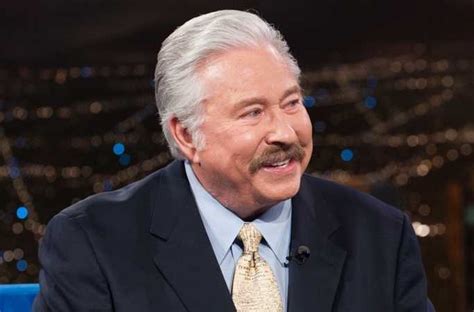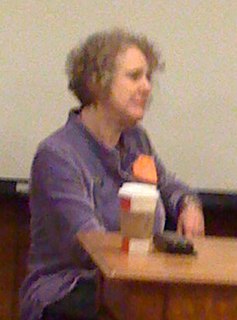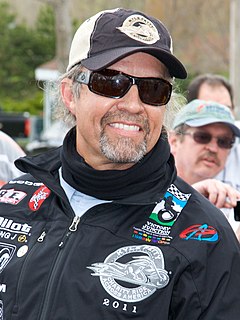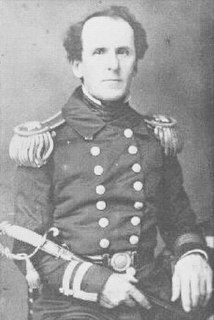A Quote by Hal Lindsey
The law was given to drive us to despair over the hopelessness of ever being able to keep it.
Related Quotes
For example, I'm terribly proud. I'm as mistrustful and as sensitive as a hunchback or a dwarf; but, in truth, I've experienced some moments when if someone had slapped my face, I might even have been grateful for it. I'm being serious. I probably would have been able to derive a peculiar sort of pleasure from it-the pleasure of despair, naturally, but the most intense pleasures occur in despair, especially when you're very acutely aware of the hopelessness of your own predicament.
An individual in despair despairs over something. . . . In despairing over something, he really despair[s] over himself, and now he wants to get rid of himself. Consequently, to despair over something is still not despair proper. . . . To despair over oneself, in despair to will to be rid of oneself-this is the formula for all despair.
Shooting the 3. Maybe drive and kick. Drive and get to the cup. Just being versatile. Being able to guard multiple positions on defense. Basically, be a mismatch problem and have coach give the confidence and say 'Yo, whatever the lineup is, whatever the game plans is, we keep John in and involved in the game.' That's my goal.
So to be sick unto death is, not to be able to die-yet not as though there were hope of life; no, the hopelessness in this case is that even the last hope, death, is not available. When death is the greatest danger, one hopes for life; but when one becomes acquainted with an even more dreadful danger, one hopes for death. So when the danger is so great that death has become one's hope, despair is the disconsolateness of not being able to die.
None of us like the concept of law because none of us like the restraints it puts on us. But when we understand that God has given us his law to aid us in guarding our souls, we see that the law is for our fulfillment, not for our limitation. The law reminds us that some things, some experiences, some relationships are sacred. When everything has been profaned, it is not just my freedom that has been lost- the loss is everyone's. God gave us the law to remind us of the sacredness of life, and our created legal systems only serve to remind us of the profane judgments we make.
Compared with the person who is conscious of his despair, the despairing individual who is ignorant of his despair is simply a negativity further away from the truth and deliverance. . . . Yet ignorance is so far from breaking the despair or changing despair to nondespairing that it can in fact be the most dangerous form of despair. . . . An individual is furthest from being conscious of himself as spirit when he is ignorant of being in despair. But precisely this-not to be conscious of oneself as spirit-is despair, which is spiritlessness. . . .




































